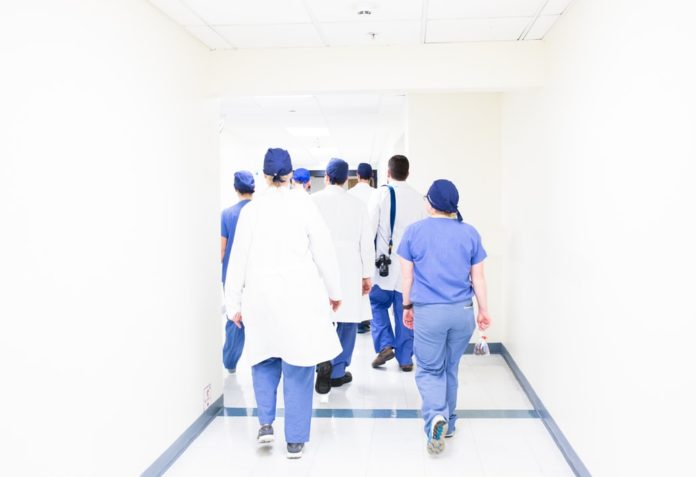Rome (NEV), March 29, 2020 – “Health as a primary and constitutional right, for all citizens”. This is what remembered with strength by the Waldensian Diaconate, the ecclesiastical body that gathers, connects, coordinates the social activity of the Waldensian Church and manages several assistance and reception structures dealing with elderly people, minors, disabled adults in difficulty, migrants and voluntary activities.
“The limitations that we face today in our daily life – reads the statement – are connected to the duty that we all have, with our behaviors, to contribute to the common good, in particular, today, in the containment and eradication of the epidemic.
Looking to the future it will be necessary to rethink the policies of recent years towards public health, which have led to a sharp reduction in resources, a fragmentation of the system, a reduction in the number of trained health personnel. We need to change course, with a strong relaunch and strengthening of the National Health Service and a new investment in training for health figures at all levels and for scientific research”.
The Waldensian Diaconate has also made its own the appeal of civil society to protect the most vulnerable people, launched in recent days by Antigone, Gruppo Abele and other associations and realities of the civil society: “Do not forget the last“.
The Waldensian Diaconia also joins in the reasonable requests made to the Government of the Republic by CGIL Union, Antigone, ANPI, Abele Group, ARCI, so that the extremely serious situation of overcrowding in prisons can find a solution: it is necessary that the sick, elderly, fragile persons who live behind bars may serve their sentences outside the institutions. To avoid that the infection do no reach the places where it would be more difficult to manage the consequences for those who are already struggling to access treatment today.
Corona virus, Waldensian Diaconia: “Health protection for everyone”
The body that manages the social activity of the Waldensian Church, working with migrants and other vulnerable categories, reiterates in a statement that "health is not a commodity" and expresses its closeness to the operators of the National Health Service on the front line against the Corona virus





























